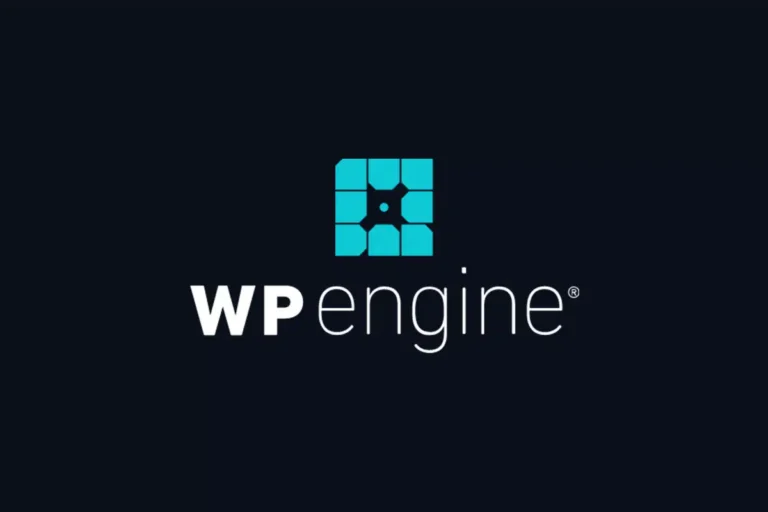In the digital age, web applications are a cornerstone of business operations, facilitating everything from e-commerce to customer relationship management. However, as reliance on web apps increases, so does the risk of cyber threats. Ensuring robust security for web applications is more critical than ever. Here are the best practices for web app security in 2024, designed to help you protect your assets and maintain customer trust.
1. Implement Strong Authentication and Authorization
Multi-Factor Authentication (MFA):
- Implementing MFA adds an extra layer of security by requiring users to provide two or more verification factors to gain access to the web app.
Role-Based Access Control (RBAC):
- Use RBAC to ensure that users have access only to the resources necessary for their roles, minimizing the potential for unauthorized access.
2. Secure Data Transmission
Use HTTPS:
- Ensure all data transmitted between the client and server is encrypted using HTTPS. This protects sensitive information from being intercepted during transmission.
TLS 1.3:
- Upgrade to Transport Layer Security (TLS) 1.3 to take advantage of the latest security improvements and performance enhancements.
3. Regularly Update and Patch Systems
Stay Updated:
- Regularly update your web app, server software, and dependencies to protect against known vulnerabilities.
Automated Patching:
- Implement automated patch management systems to ensure timely updates without manual intervention.
4. Employ Web Application Firewalls (WAF)
WAF Implementation:
- Deploy a Web Application Firewall to filter and monitor HTTP traffic between a web application and the Internet. A WAF helps protect against common attacks such as SQL injection, cross-site scripting (XSS), and cross-site request forgery (CSRF).
5. Conduct Regular Security Audits and Penetration Testing
Security Audits:
- Regularly audit your web application’s security posture to identify and address vulnerabilities.
Penetration Testing:
- Engage in regular penetration testing to simulate cyber-attacks and uncover potential security weaknesses.
6. Utilize Secure Coding Practices
Input Validation:
- Validate all user inputs to prevent injection attacks. Ensure that inputs are sanitized and constrained to acceptable ranges.
Code Reviews:
- Conduct regular code reviews to identify and rectify security vulnerabilities in the development phase.
7. Implement Comprehensive Logging and Monitoring
Logging:
- Maintain detailed logs of all user activities and system events. Ensure that logs are secure and regularly reviewed for suspicious activities.
Real-Time Monitoring:
- Implement real-time monitoring systems to detect and respond to security incidents promptly.
8. Enforce Data Encryption at Rest
Encrypt Sensitive Data:
- Encrypt all sensitive data stored within your web application to protect it from unauthorized access, even if the storage medium is compromised.
Database Encryption:
- Use database encryption mechanisms to secure data at the database level.
9. Secure APIs
API Authentication:
- Ensure that all APIs used by your web application are authenticated and authorized. Use API keys, OAuth, and other secure methods for API authentication.
Rate Limiting:
- Implement rate limiting to prevent abuse and mitigate the risk of Denial of Service (DoS) attacks on your APIs.
10. Educate and Train Your Team
Security Training:
- Provide ongoing security training to your development and operations teams to keep them informed about the latest threats and best practices.
Awareness:
- Foster a culture of security awareness within your organization to ensure that all employees understand their role in maintaining web app security.
Conclusion
Securing your web applications is an ongoing process that requires vigilance, regular updates, and adherence to best practices. By implementing these security measures in 2024, you can significantly reduce the risk of cyber threats, protect your sensitive data, and maintain the trust of your users. Investing in web app security not only safeguards your business but also enhances its reputation and reliability in an increasingly digital world.






